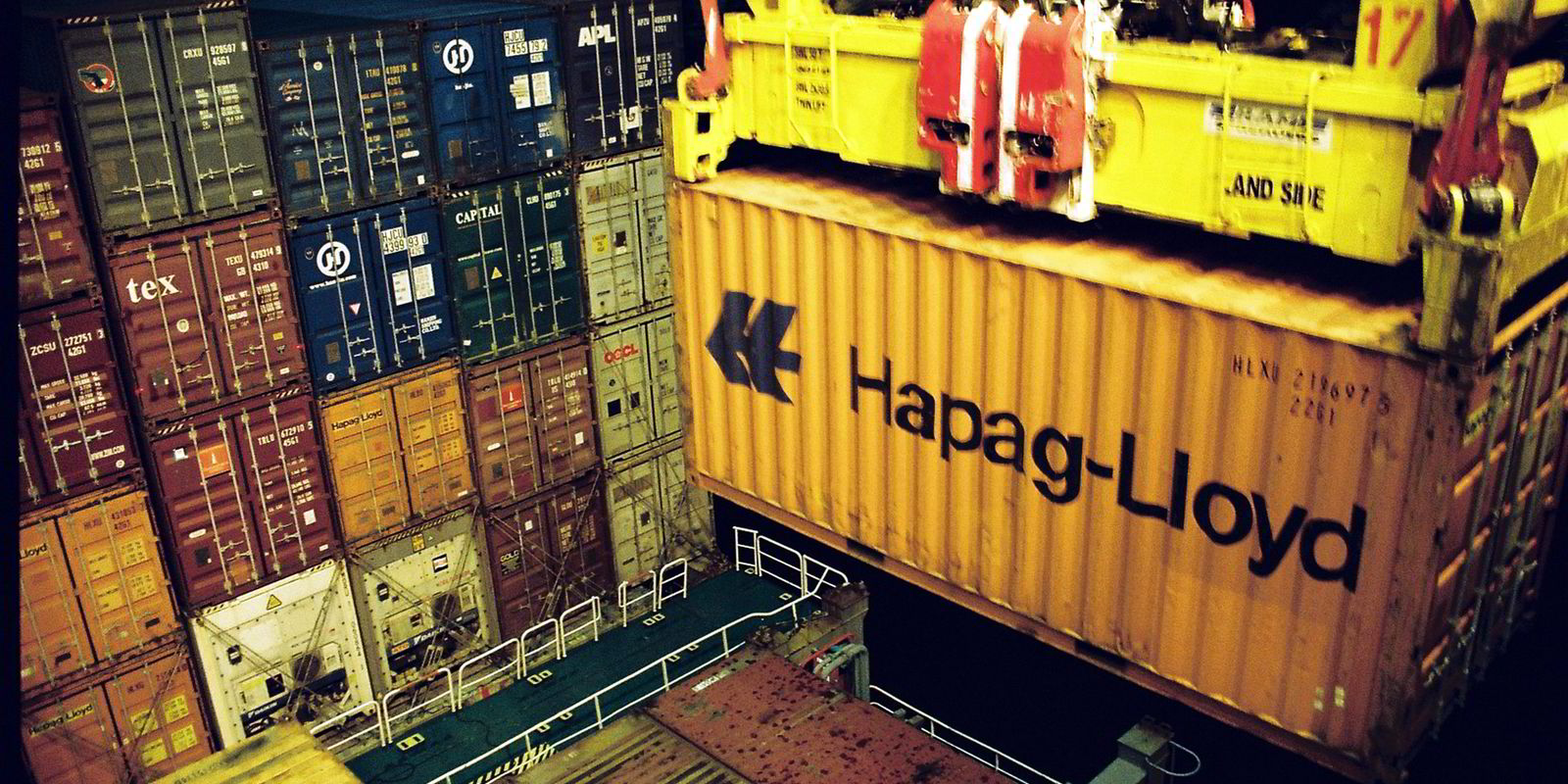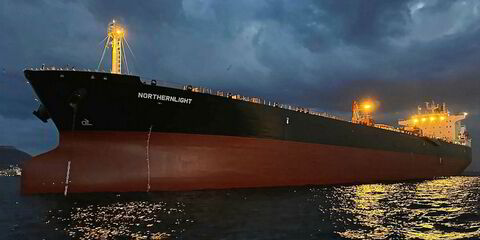On Friday the Financial Times reported that Hapag-Lloyd pulled 36 sailings, a move the publication touted as the most eye-catching reaction that the industry has seen since the congestion crisis first began.
It also pointed out that one of the services was scheduled to depart Los Angeles in May, which serves as further evidence that disruptions in the region will likely continue long after a resolution is reached.
The dispute between dockworkers affiliated with the International Longshore and Warehouse Union (ILWU) and employers, which are represented by the Pacific Maritime Association, has dragged on for months.
US labour secretary Tom Perez flew to San Francisco earlier this week in an attempt to broker a settlement. According to the Associated Press, the negotiations will likely move to Washington, DC if a resolution cannot be reached by the end of the day.
On Friday the vice president of the National Retail Federation, Jonathan Gold, argued that President Barack Obama should intervene if the stand-off doesn’t end immediately.
"It is inconceivable that the parties are knowingly and willfully allowing the economy to be held hostage over a particular grievance, individual or issue," Gold continued.
"While the two sides debate a new contract, millions of American businesses and employers, large and small, and their employees are put at risk due to the impasse."
On Tuesday US west coast ports reopened, which marked the end of a four-day closure. A day later nearly 40 vessels were still at anchor in the Los Angeles/Long Beach Harbor awaiting berthing slots, according to Robert Salmon, an analyst at Deutsche Bank.
“This compares to a range of 25-30 vessels during the 2002 ILWU strike, 25 to 30 vessels following 9/11, and a peak of 65 vessels in 2004 following network congestion issues that emerged at UNP as traffic rebounded and the economy strengthened,” he said.
In response to ongoing congestion some carriers are re-routing vessels to ports in western Canada, a trend that started take shape in May of last year, which is when negotiations between dockworkers and carriers first began.
Forecasters at Deutsche Bank believe the slowdowns, which have impacted 29 US ports, widened the nation’s trade deficit by roughly $40bn in December. Going forward, it’s unclear how much the delays will cost the US economy.



